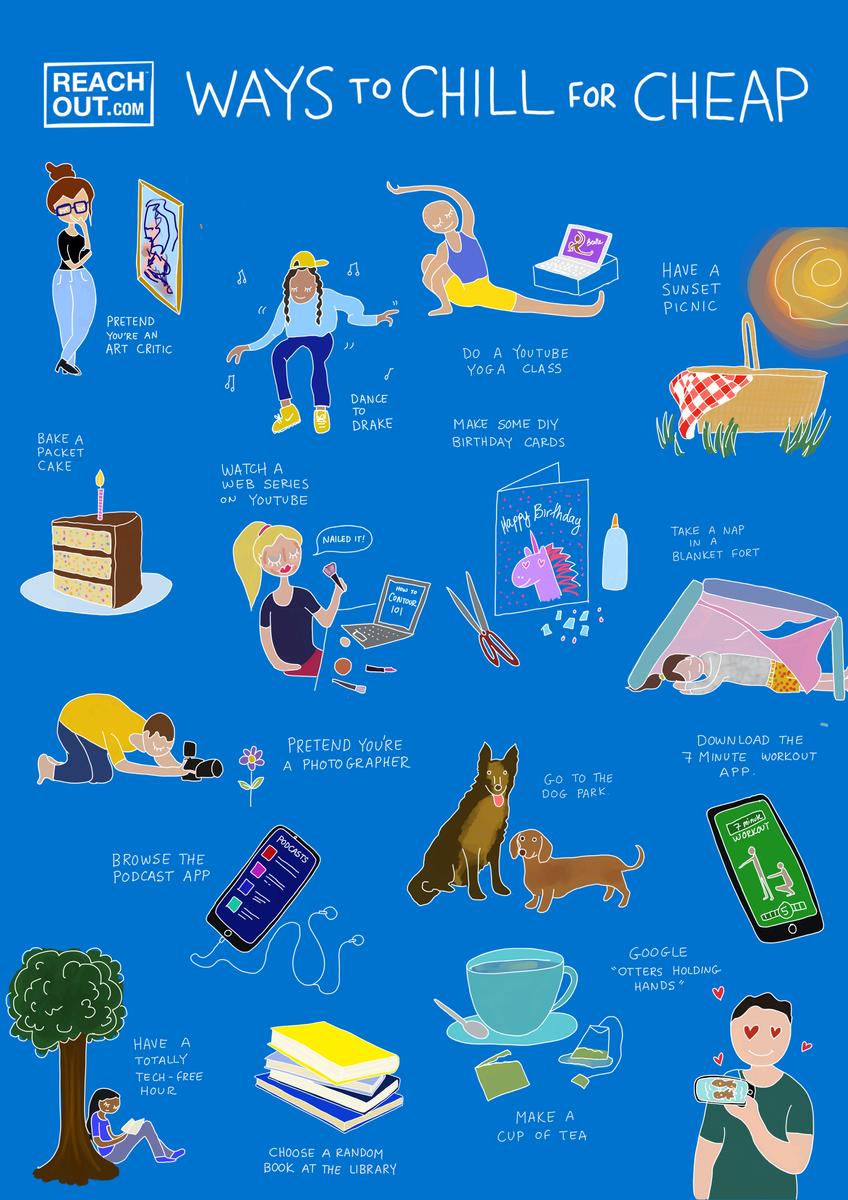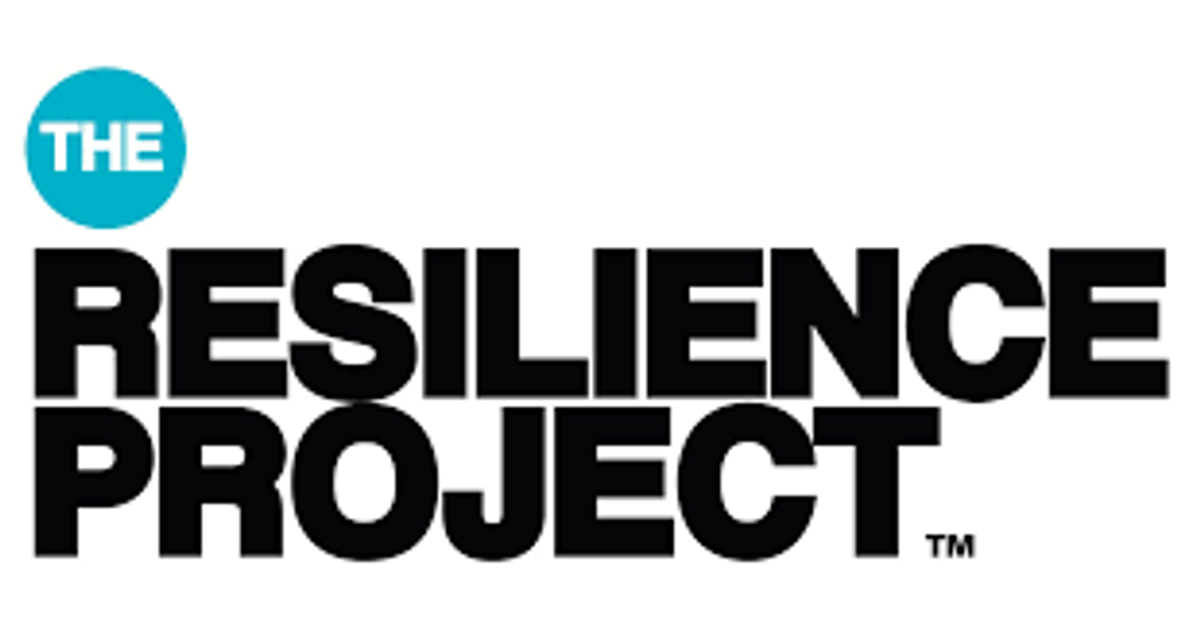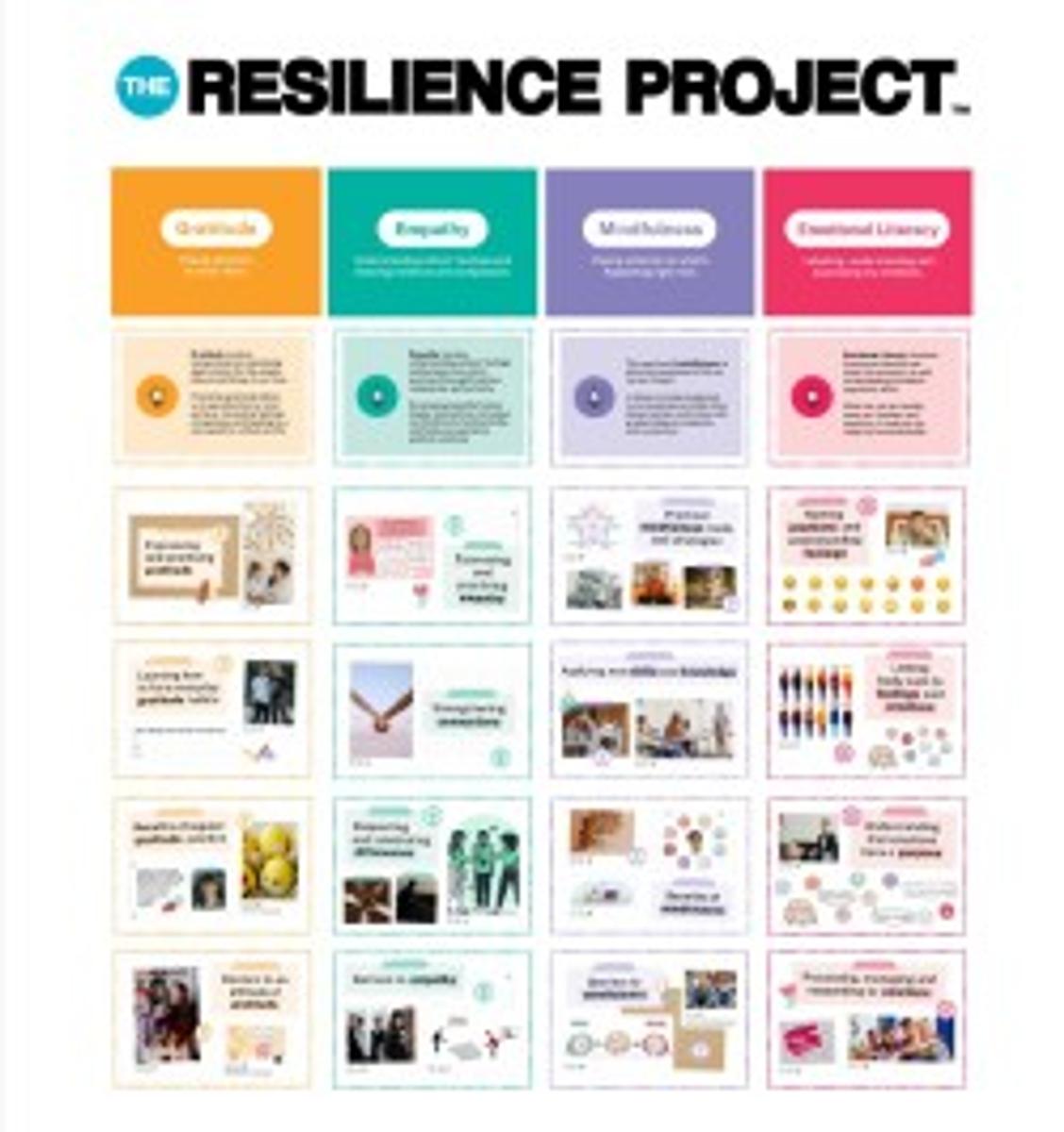Wellbeing

End Of Term 2:
Wellbeing Report
How to be awesome at self-care
Coming to the end of Term 2, it is a good idea to take some time to look after your body, your mind and your emotions. Being able to relax is super-important for health and wellbeing. Here are some tips for building healthy habits and recharging your physical, mental and emotional health.
- Take time for whatever makes you feel good, such as listening to your favourite songs, making a cup of tea or watching a funny video. Baking is also a great (and delicious) self-care activity.
- Write it down. Setting up and keeping track of your goals or writing down what you are grateful for that day (as well as what you found difficult) can help work through your feelings and recognise your achievements.
- Log out to chill out. Take a break from scrolling every so often by going for a walk or catching up with friends in person. Spending an hour a week on at least one screen-free hobby and leaving your phone outside the bedroom are scientifically proven ways that improve mental wellbeing.
- Try out some positive self-talk. Focus on what you love about yourself and make affirming statements like ‘I’m doing the best I can’ or ‘I don’t feel great right now, and that’s okay’.
For more information and support, please speak to the Wellbeing Team, your general practitioner (GP), or visit
KidsHelpline https://kidshelpline.com.au/
Headspace https://headspace.org.au/
(Adapted from Self-care | Mental wellbeing | ReachOut Australia, June 2025)
Happy winter holidays!
Penny Hsiao, Health Promotion Nurse
Penny Hsiao
Health Promotion Nurse
From the Wellbeing Department — Building Resilience Together at South Oakleigh College
At South Oakleigh College, we know that supporting our students’ mental health and wellbeing is more important than ever. That’s why we’re excited that so many of our students are engaging with The Resilience Project this year — an evidence-based program helping young people build key life skills in gratitude, empathy and mindfulness (GEM).
The Resilience Project delivers emotionally engaging lessons and activities in schools, sporting clubs and workplaces around Australia. Through presentations, a tailored curriculum, Wellbeing Journals and the TRP App, students learn practical ways to strengthen their mental health. In addition to GEM, The Resilience Project focuses on emotional literacy, connection and physical health — all vital building blocks for positive wellbeing.
Why this work matters
In Australia, around 1 in 4 young people aged 15–19 report experiencing mental health challenges each year, and rates of anxiety, depression and disengagement continue to rise. Building our students’ resilience and emotional skills is critical to help them navigate challenges and thrive — not only at school, but throughout life.
A successful first semester
We’re proud to share that Semester 1 has been a positive start to the year, with students actively engaging in wellbeing lessons, activities and GEM Chats — simple daily practices that encourage gratitude, empathy and mindfulness. These small moments help build a more connected, supportive school culture where students feel heard, valued and safe to be themselves.
How you can help at home
The best outcomes for young people’s mental health happen when schools and families work together. We encourage all parents and carers to talk with your child about what they are learning through The Resilience Project and to try GEM Chats at home. These are simple conversation starters about what you’re grateful for, how you can show kindness to others, and ways to stay present in busy times.
Here are a few other practical ways you can support your child’s mental health at home:
✅ Have regular GEM Chats — ask what went well today, who they helped, or what moment they enjoyed most.
✅ Model healthy habits — show how you manage stress, practise self-care or use mindfulness.
✅ Create calm, predictable routines — good sleep, regular meals and screen breaks help young people feel safe and settled.
✅ Make time for screen-free family moments — like sharing meals, playing games or going for a walk together.
✅ Encourage physical activity — fresh air and movement are proven mood boosters.
✅ Listen without judgement — let your child know they can talk to you about anything, and that it’s okay to feel what they feel.
✅ Stay connected with the school — reach out to our Wellbeing Team if you’re worried or need extra support.
For ideas and activities, the TRP Parent & Carer Hub is a fantastic place to start: Visit the Parent Hub
Together, let’s keep the conversation going and help build a resilient, caring and mentally healthy community for all our young people here at South Oakleigh College.
If you have any questions about our wellbeing programs or the Student Resilience Survey, please reach out to our Wellbeing Team — we’re here to help.
South Oakleigh College Wellbeing Team
Warm regards,
Elizabeth Smith
Director of Student Wellbeing





